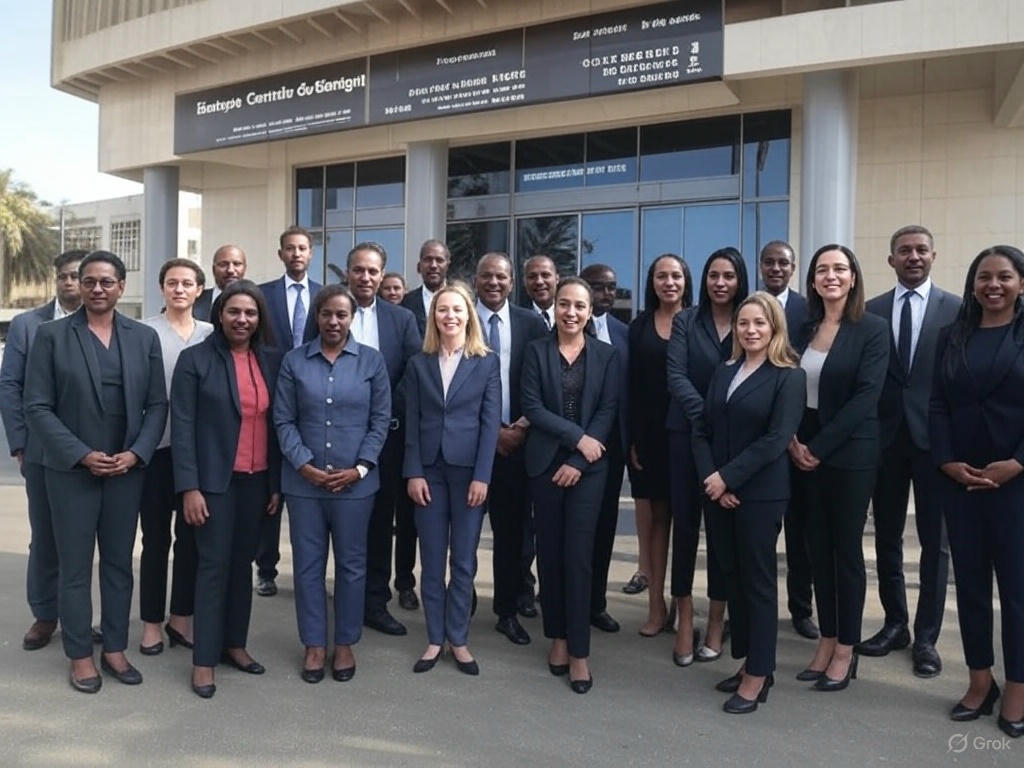El Salvador’s audacious leap into the world of Bitcoin has been a headline-grabber since its announcement in 2021. Now, the country is gaining momentum with a new milestone: a staff-level agreement with the International Monetary Fund (IMF) on a $1.4 billion Extended Fund Facility (EFF). This agreement not only solidifies El Salvador’s economic reform agenda but also addresses Bitcoin-related risks while emphasizing fiscal transparency and resilience.

El Salvador solidifies its bold Bitcoin strategy with a $1.4 billion IMF agreement, boosting economic reforms, fiscal transparency, and financial resilience while addressing crypto-related risks to pave the way for sustainable growth and additional international support.
Strengthening the Economic Framework
The agreement, which is subject to approval by the IMF’s Executive Board, aims to bolster fiscal and external stability. Key components include:
- Fiscal Consolidation: El Salvador plans to improve its primary balance by around 3.5% of GDP over three years. Measures include reducing the wage bill, optimizing spending, and reforming the pension system to ensure fiscal sustainability.
- Transparency and Governance: Efforts to enhance fiscal responsibility include better reporting of public debt, pension costs, and state-owned enterprises’ activities. Anti-corruption initiatives and modernized procurement practices are also in the works.
- Financial Sector Buffers: Banks’ liquidity requirements will increase, aiming for 15% of deposits by mid-2026, aligning regulations with international standards to support private sector credit growth and financial stability.
Bitcoin’s Role: A Balancing Act
El Salvador’s Bitcoin experiment has drawn global attention, but the IMF agreement marks a shift toward mitigating associated risks. According to the plan:
- Bitcoin acceptance in the private sector will remain voluntary.
- Public sector involvement in Bitcoin-related activities will be limited.
- Taxes will continue to be payable only in U.S. dollars, with the government scaling back its participation in the Chivo wallet.
- Enhanced regulation and supervision will safeguard financial stability and protect consumers.
The Bigger Picture: Boosting Confidence
The Salvadoran economy has shown resilience, supported by robust remittances, a booming tourism sector, and improved security. Inflation is declining, and fiscal reforms are gradually reducing borrowing costs. With the IMF agreement, El Salvador aims to build on these gains, creating conditions for inclusive growth.
Catalyzing Additional Support
The EFF program is expected to unlock additional financial support from entities like the World Bank, the Inter-American Development Bank, and other regional development banks. Combined, these efforts could bring over $3.5 billion in financing during the program period, further enhancing the country’s economic stability.
A Strategic Path Forward
As El Salvador continues its ambitious journey, the balance between embracing Bitcoin and ensuring economic stability remains a focal point. The IMF’s backing provides a solid foundation for sustainable growth while addressing challenges associated with digital assets. With a clear roadmap, El Salvador is not just betting on Bitcoin but also on a future marked by resilience, transparency, and innovation.




